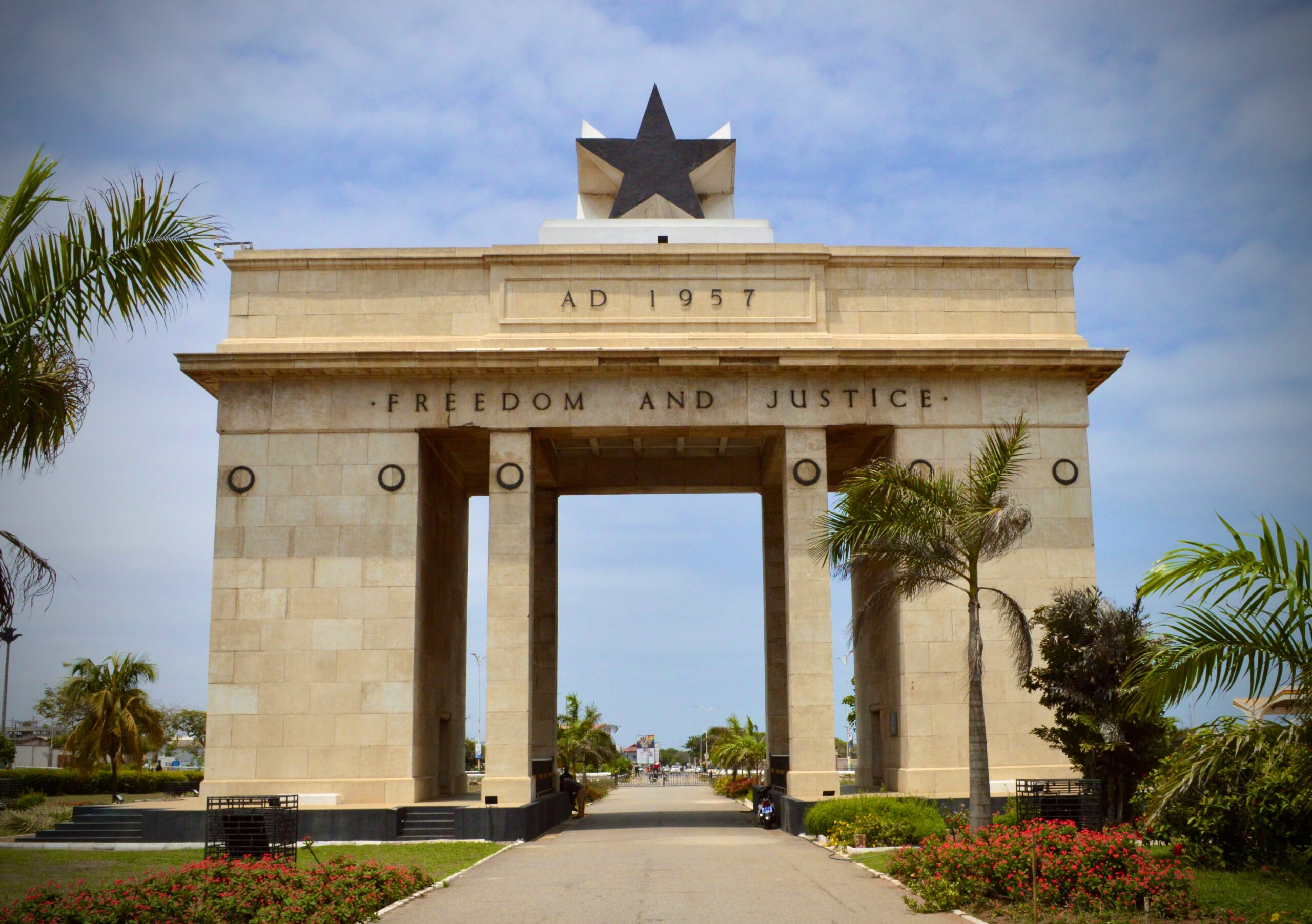Introduction to Ghana
Welcome to Ghana, a country located on the west coast of Africa. Known for its rich history, diverse culture, and stunning landscapes, Ghana offers a unique experience for visitors from around the world. Whether you are planning a vacation, considering studying or working here, or exploring business opportunities, Ghana has something to offer for everyone.
Location and Surface Area
Ghana is situated on the Gulf of Guinea and is bordered by Cote d’Ivoire to the west, Burkina Faso to the north, and Togo to the east. The country spans an area of approximately 238,535 square kilometers, encompassing diverse geographical features such as coastal plains, rolling hills, and the expansive Ashanti Highlands.
Climate
Ghana has a tropical climate characterized by two main seasons – the wet season and the dry season. The wet season, from April to October, brings heavy rainfall, while the dry season, from November to March, offers warm and sunny weather. The average temperature throughout the year ranges from 25 to 30 degrees Celsius, making it an ideal destination for those seeking a warm and pleasant climate.
Fauna and Flora
Ghana is home to a remarkable variety of wildlife and plant species. The country’s national parks and reserves, such as Mole National Park and Kakum National Park, provide opportunities to witness elephants, lions, leopards, and an array of bird species. The lush forests and savannah grasslands are adorned with beautiful flowers, towering trees, and vibrant vegetation, creating a picturesque backdrop for nature enthusiasts.
Attractions
From historical landmarks to breathtaking natural wonders, Ghana offers a wide range of attractions to explore. The capital city, Accra, is a vibrant hub of culture and commerce, with bustling markets, lively nightlife, and the iconic Independence Square. Cape Coast Castle and Elmina Castle, both UNESCO World Heritage Sites, offer a glimpse into Ghana’s past as a major trading center during the transatlantic slave trade. For beach lovers, the coastal towns of Busua and Kokrobite boast pristine sandy beaches and crystal-clear waters.
Population and Languages
Ghana is home to a diverse population of approximately 30 million people. The country is known for its cultural diversity, with over 100 ethnic groups, each with their own languages and traditions. English is the official language of Ghana, making it easy for visitors to communicate and navigate their way around the country.
Visa and Currency
Before visiting Ghana, it is essential to check the visa requirements for your specific country. Depending on your purpose of visit, you may need to obtain a tourist visa, business visa, or student visa. The official currency of Ghana is the Ghanaian Cedi (GHS), and it is advisable to exchange your currency for the local currency upon arrival for ease of transactions.
Culture and Customs
Ghanaian culture is deeply rooted in traditions, music, dance, and art. The country is known for its vibrant festivals, such as the famous Homowo Festival and the colorful Ashanti Akwasidae Festival. Ghanaians are known for their warm hospitality and friendly nature, making visitors feel welcomed and embraced by the local community.
Main Cities, Airports, and Airlines
Accra, the capital city, is the major economic and cultural center of Ghana. Other notable cities include Kumasi, the historical and cultural heartland of the Ashanti Kingdom, and Takoradi, a bustling port city. Kotoka International Airport in Accra serves as the main gateway to Ghana, with several international airlines offering direct flights to and from major cities worldwide.
Conclusion
With its captivating landscapes, rich cultural heritage, and warm hospitality, Ghana is a destination that should not be missed. Whether you are interested in exploring historical sites, immersing yourself in vibrant festivals, or experiencing the beauty of nature, Ghana offers a truly unforgettable experience. Plan your visit, pack your bags, and get ready to embark on an incredible journey in the heart of West Africa.

